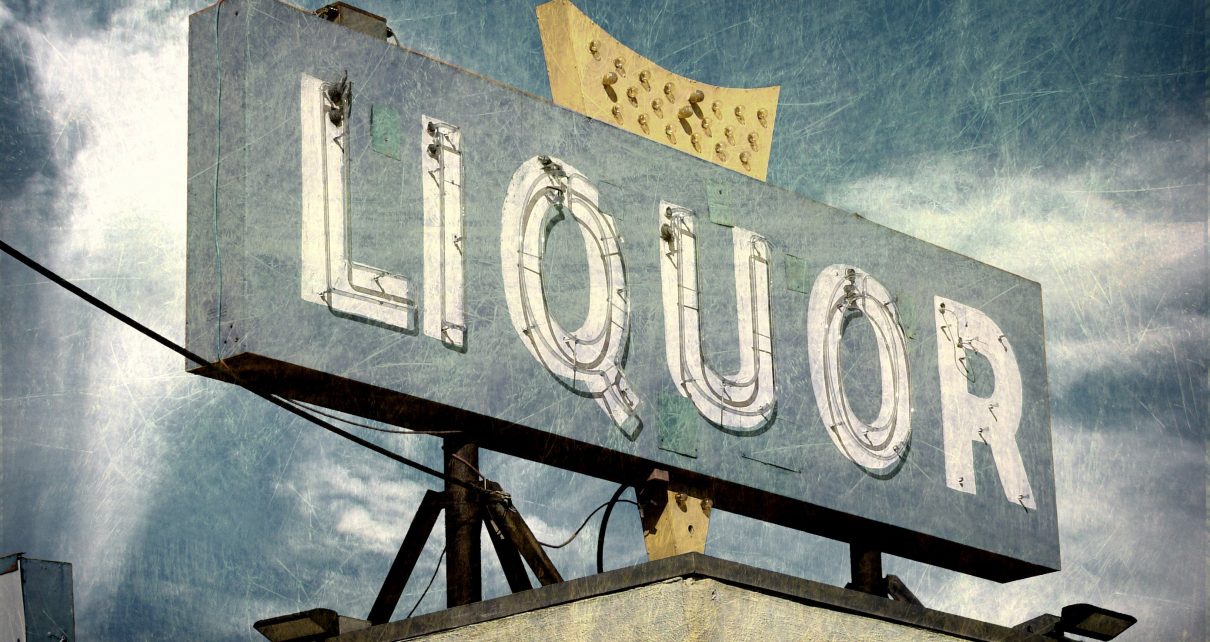In the midst of the COVID-19 pandemic, access to alcohol will likely become limited due to social-distancing measures mandated by government officials. Some of these necessary public health strategies—shelter-in-place and closing of non-essential businesses—may in turn cause people with alcohol use disorder (AUD) to find themselves in unsafe scenarios. Forward thinking about how to reduce harms to people with AUD is critical. Untreated AUD is often managed with daily alcohol use, necessary to stave off cravings and withdrawal.
While evidence-based treatments for AUD exist, such as naltrexone and acamprosate, less than 10 percent of people with AUD in the U.S. receive these medications. This gap in care is worsened by systemic inequality. The increasing rates of AUD among women, older adults, racial and ethnic minorities and economically disadvantaged individuals is a public health emergency.
Because so few people have access to medications for AUD, access to alcohol becomes a matter of life or death. If alcohol is unavailable, particularly liquor, people may find alcohol from other unsafe sources, specifically non-beverage alcohol ([NBA] e.g., rubbing alcohol, mouthwash, alcohol-based hand sanitizers). A particularly dangerous NBA is car coolant, which can lead to renal failure and require admission to the intensive care unit (ICU).
Withdrawal from alcohol is also dangerous, and can result in tremors, hallucinations, and seizures that can progress to requiring admission to the ICU, and may ultimately lead to death. At the same time, predictive models show that 5 percent of COVID19-infected patients will require hospital admission, while 2 percent will require ICU admissions. As hospitals become strained from the surging number of COVID-19 patients, preventing and mitigating the risk of additional ICU admissions is paramount.
While grocery stores remain open, depending on geographic location, alcohol may not be accessible at these locations. Not all states allow grocery stores to sell alcohol, and not all grocery stores are allowed to sell liquor. In fact, grocery stores that do sell alcohol may be limited to selling wine and beer, which are comparatively more costly than liquor and less potent. This impacts access to alcohol, and decreases one’s ability to prevent withdrawal. Although public health agencies recommend limiting overall availability of alcohol to reduce excessive consumption and associated harms, evidence suggests that paradoxically, states that do not allow liquor to be sold in grocery stores actually have a higher average per-capita cost of heavy drinking than states with more liberal policies.
An example is Pennsylvania, which recently closed its liquor stores despite pleas from the harm reduction community to remain open. In contrast, New York State (NYS) is allowing its liquor stores to remain open, deemed essential businesses. Another harm reduction intervention designated essential by the NYS Department of Health is needle exchange programs. Moreover, in Italy, a scientist successfully advocated for the reopening of vape shops, which were deemed non-essential and closed by federal mandate. Tobacco shops were however considered essential in Italy and allowed to stay open.
In Canada, people with severe AUD, depending on where they live will have access to managed alcohol programs (MAPs). MAPs are programs that dispense specific amounts of alcohol, at a given frequency, for people with severe AUD, with supervision. MAPs do not exist in the U.S. There is no safety net in the US here for people with severe AUD, particularly those who are marginally-housed.
To be sure, chronic alcohol consumption has its own consequences on individual and public health, including alcoholic liver cirrhosis, and increased risks of motor vehicle accidents. However, cirrhosis is a chronic illness acquired over time. In this acute period of social distancing, the risk of road accidents is likely to go down, as road traffic decreases. However, people with untreated AUD are now at much higher risk of harm, which must be curtailed in the short-term, while other efforts to make evidence-based treatment more readily available remain underway.
Liquor stores may not seem to be essential businesses in these times of social distancing, but they are indeed essential to the survival of the nearly 2 million people in the U.S. with AUD. Far too few of our community members with AUD have access to evidence-based treatment, and the risk posed by liquor store closure may inadvertently contribute to overwhelming the hospitals. Government officials across the country must therefore ensure that alcohol is available. It should be part of efforts to keep people with AUD safer from withdrawal, and to contribute to flattening the demand curve for hospital beds, in an already strained and stretched-thin healthcare system.


